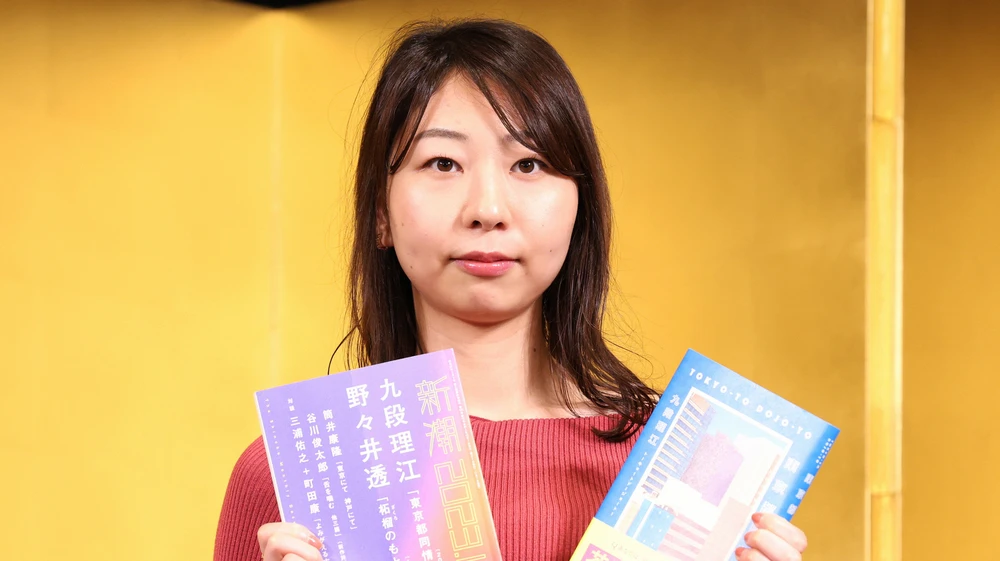In an unusual twist to the narrative of technology intersecting with the arts, Japanese author Rie Kudan has garnered the esteemed Akutagawa Prize for her novel “The Tokyo Tower of Sympathy” (“Tokyo-to Dojo-to”) where an AI, named ChatGPT, played a part in the creative process.
This award-winning narrative revolves around the architect Sara Makina, tasked with the challenge of humanely designing a rehabilitation center for criminals. The storyline further veers into the life of a young man, Takuto, penning down Makina’s biography. As Makina’s intolerance towards her design subjects intensifies, it takes center stage in the engaging narrative.
Interestingly, the AI ChatGPT contributed to around 5 percent of the narrative, including sentences that were taken as is from the AI. This unprecedented use of AI in literature has triggered debates across the literary circuit. But the fiercest critic and accepting ally find middle ground in applauding the captivating quality of Kudan’s book.
Keiichiro Hirano, an esteemed writer and member of the award committee, brushed off worries over AI in literature, asserting technology as merely an evolving tool set for writers. However, critics have posed valid questions about the perceived disadvantage for authors who steer clear of such technological aid.
The controversy over AI use is, however, little deterrent to Kudan. Touting AI’s assistance as inspirational and creatively enhancing, she revealed her inclination to continue integrating it into her writing process. “ChatGPT’s feedback,” she shared, “gave a unique dimension to the characters’ emotions and dialogues.”
The Akutagawa Prize, known for its commitment to applauding creativity and literary merit, recognized Kudan’s novel as “flawless” and “highly entertaining.” In doing so, it also vouched for the progressive time when AI and creativity may form a unique alliance. But whether this narrative ushers in a new era in literature is something that only time can reveal.



